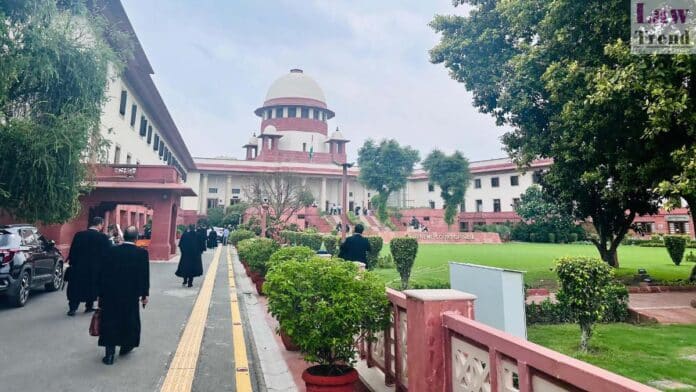In a significant ruling addressing competing claims over attached properties in the National Spot Exchange Limited (NSEL) case, the Supreme Court has upheld that assets attached under the Prevention of Money Laundering Act (PMLA) and the Maharashtra Protection of Interests of Depositors (MPID) Act will take precedence over claims by secured creditors under the SARFAESI
To Read More Please Subscribe to VIP Membership for Unlimited Access to All the Articles, Download Available Copies of Judgments/Order, Acess to Central/State Bare Acts, Advertisement Free Content, Access to More than 4000 Legal Drafts( Readymade Editable Formats of Suits, Petitions, Writs, Legal Notices, Divorce Petitions, 138 Notices, Bail Applications etc.) in Hindi and English.




